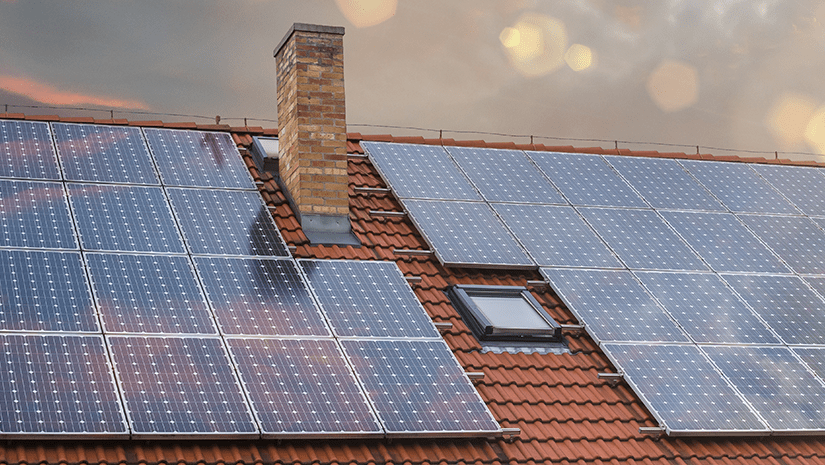The Different Types of Solar Energy and Which One Is Right for You

Types of Solar Energy
Photovoltaic solar energy is one of the most promising renewable energy sources. Unlike other forms of solar power, photovoltaic solar energy cells directly convert sunlight into electricity. This makes photovoltaic solar panels incredibly efficient, and they can be used to power everything from homes to businesses to entire neighborhoods. Perhaps best of all, photovoltaic solar panels have no moving parts, meaning they require very little maintenance. As the world looks for ways to reduce its dependence on fossil fuels, photovoltaic solar energy will become an increasingly important part of the global energy mix.
Thermal solar energy is one of the most promising forms of renewable energy. Unlike photovoltaic cells, which convert sunlight into electricity, thermal solar panels absorb sunlight and convert it into heat. This heat can then be used to generate electricity or to provide direct heating. Thermal solar panels are more efficient than photovoltaic cells, and they can be used in a wider range of applications. For example, thermal solar panels can be used to generate electricity for homes and businesses, to provide heat for industrial processes, or even to produce fresh water. In addition, thermal solar panels are relatively inexpensive to manufacture and operate. As a result, thermal solar energy has the potential to play a major role in the battle against climate change.
Concentrating solar energy is an efficient way to collect and use the sun’s energy. By using mirrors or lenses to focus the sun’s rays, concentrated solar energy can be used to generate electricity, heat water or air, or create process heat for industry. Additionally, concentrated solar energy can be stored in thermal storage systems, making it available when the sun is not shining. As a result, concentrating solar energy is a versatile and affordable renewable energy technology that can be used to meet a variety of needs.
How to determine which type of solar energy is right for you.
The first step is to assess your energy needs and determine how much solar power you will need to generate. This will help you determine the size and scale of your solar panel array. Next, you need to choose a location for your panels. Ideally, they should be placed in an area that receives direct sunlight for most of the day. After that, it’s time to select a reputable solar panel installer. Be sure to get quotes from multiple solar energy company cocoa fl and make sure that they are properly licensed and insured. Once your panels are installed, you can start generating your own clean, renewable energy!
Another important consideration is your budget. Solar energy systems can be expensive, so it’s important to have a realistic idea of how much you’re willing to spend before you start shopping around. There are also many government incentives and rebate programs available to help offset the cost of solar energy systems, so be sure to take advantage of these if they apply to you.
With a little bit of research, you should be able to find the solar energy system that’s right for you.
The Benefits of Using Solar Energy
Solar energy can be used to generate electricity, heat water, or power vehicles. It is also increasingly being used to power homes and businesses. Solar panels can be installed on roofs or in open spaces, and they can even be integrated into building materials such as windows and bricks. As the world continues to search for cleaner and more efficient sources of energy, solar power is emerging as a leading solution.
How to Begin Using Solar Energy
So, if you’re thinking about going solar, here’s what you need to know to get started:
The first step is to assess your energy needs and determine how much solar power you will need to generate. This will help you determine the size and scale of your solar panel array. Next, you need to choose a location for your panels. Ideally, they should be placed in an area that receives direct sunlight for most of the day. After that, it’s time to select a reputable solar panel installer. Be sure to get quotes from multiple companies and make sure that they are properly licensed and insured. Once your panels are installed, you can start generating your own clean, renewable energy!













